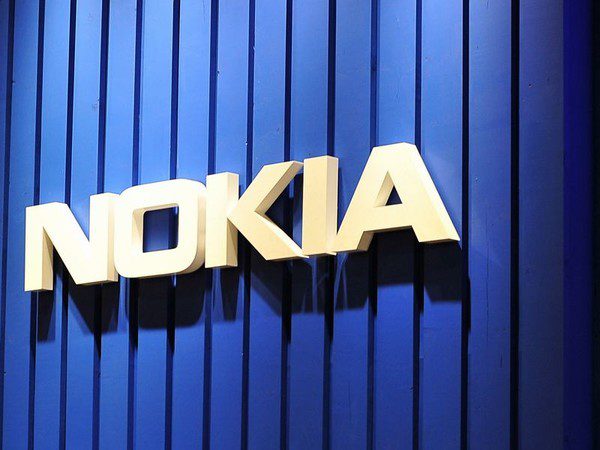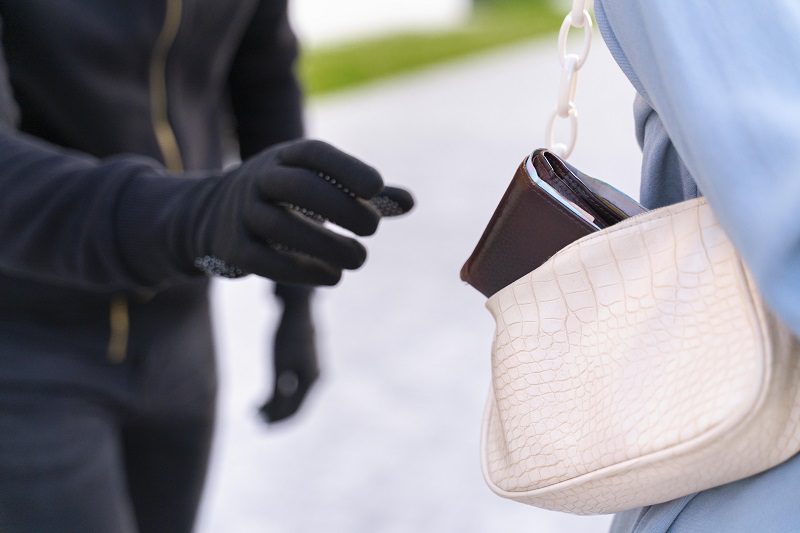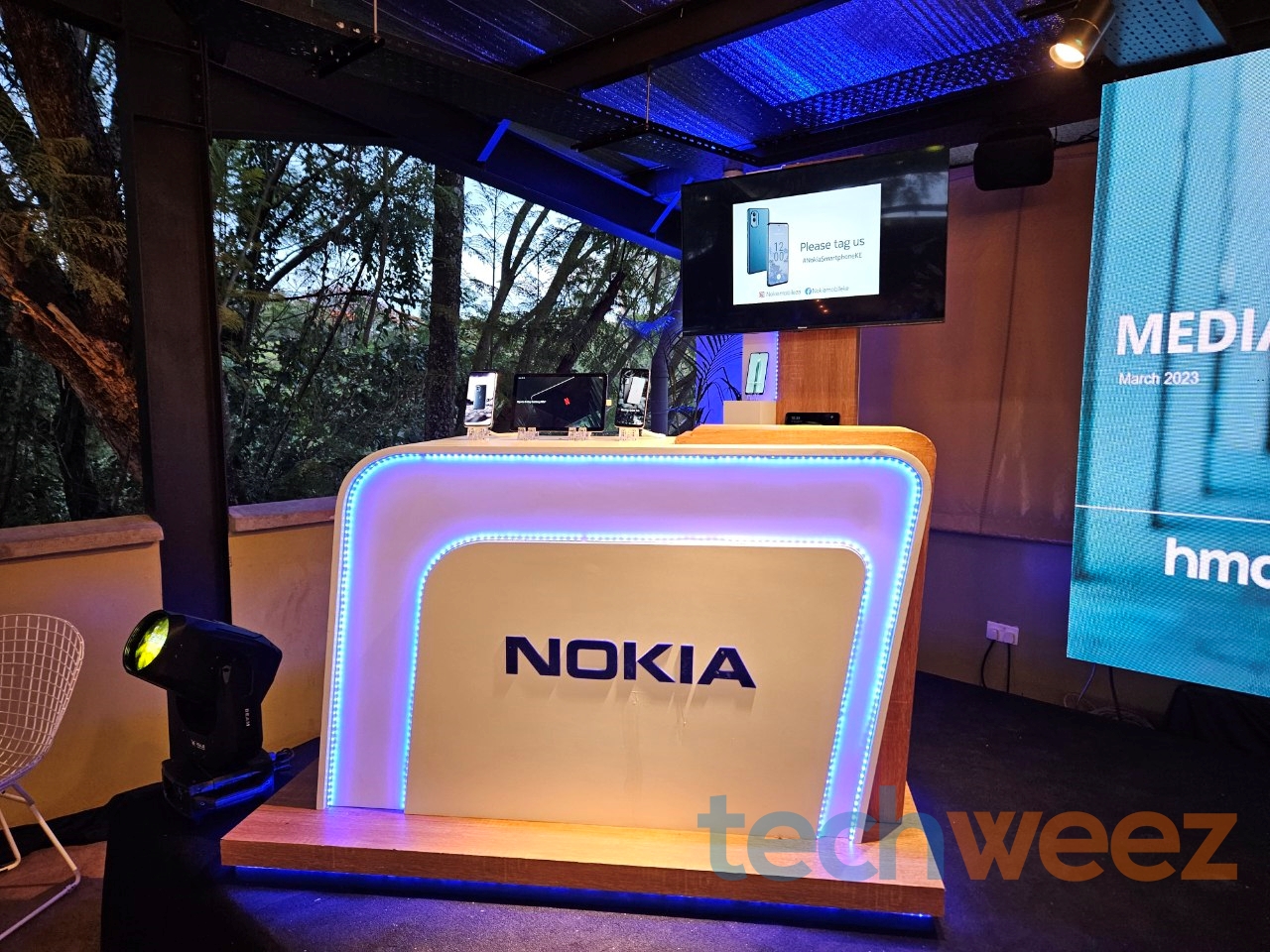Kenya’s economy could be losing up to Shs 3.2 billion in taxes through influx of illegally-imported counterfeit mobile phones, denying the country significant economic benefits, a Nokia Anti-Counterfeiting expert has said.
Mr. Abdulla Hasayen, Brand Protection Manager for Middle East & Africa said high penetration of fake devices is negatively impacting on performance of operator networks and customer satisfaction, lowering operator profits and government tax income. He was speaking when he conducted training for officials from the Weights & Measures Department, the Kenya Bureau of Standards and the Anti-Counterfeit Agency. The training, which was attended by over 25 officials from the government departments, is a part of Nokia’s ongoing anti-counterfeit programme.
Mr. Hasayen said poor protection of intellectual property is making establishment and running of information and communication technology (ICT) companies conducting research and development significantly risky in Kenya.
“Fake devices are imported illegally without import duties or VAT paid. This creates a tax loss of between Shs 2.8 billion and Shs 3.2 billion (US$ 35-40 Million) annually for an average African country. Counterfeits are also undermining attractiveness of local economies because international companies direct their investments elsewhere to countries which can protect their Intellectual Property,” he said.
Counterfeiting is the illegal use of intellectual property rights including trademarks, patents, designs and copyrights. Globally, the spread of counterfeit products has increased in recent years due to the transfer of technology, ease of trade and export transactions through the internet, in addition to the recent economic crises.
“As a global company, Nokia takes a leadership position in offering genuine and quality products and partners with a broad network of organizations including the Coalition of Intellectual Property Rights (CIPR) and International Anti-Counterfeiting Coalition (IACC). We continue to advocate for legislation, regulation and enforcement of anti-counterfeit policies to protect the broader industry because we believe companies conducting genuine business should be supported in their operations,” said Mr Kenneth Oyolla, General Manager, Nokia, East and Southern Africa.
“Customer care and quality is important to Nokia and our advice is that customers should buy Nokia products from authorized distributors and retailers and ensure they get their 12-month warranty. And if a product is purchased from a location other than an authorized dealer then exercise extreme caution especially when the price is substantially less than being stated by Nokia authorized dealers,” said Mr. Oyolla.
Nokia is recommending a robust enforcement program, essential to protect legitimate businesses from counterfeiting. Mr Hasayen said the program should cover both shipments imported at border level and goods sold in the market.
“Brand owners should provide inspectors with regular product training on how to distinguish between fake and genuine products. This would enable them to flag or suspect a shipment. Different government departments should also collaborate to implement a proper enforcement program. A joint task force to manage the enforcement program would be a good option. This would help protect consumers and legitimate business and will create an attractive environment for foreign investment,” he said.
Mr. Hasayen noted that although Nokia is already co-operating with relevant government departments, an elaborate industry-wide program would help accelerate the elimination of the counterfeits in Kenya.
Mr. Hasayen said fake devices are not covered by warranty, resulting in poor consumer satisfaction and impacting negatively, particularly to low-income consumers.
Fake mobile phones are manufactured from sub-standard components containing dangerous chemicals including lead and mercury and do not follow safety standards such as radio emissions. They therefore endanger safety of consumers, said Mr. Hasayen.
It is estimated that counterfeiting and piracy cost G20 economies US$ 85 billion a year in lost taxes and higher spending on unemployment benefits. The International Anti-Counterfeiting Coalition (IACC) has estimated that international counterfeit trade is worth $600 billion a year and makes up 5-7% of world trade.





























